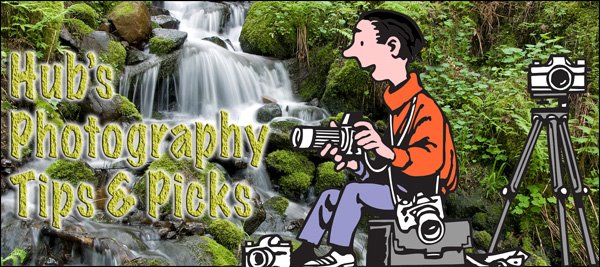So the message is: Take care of yourself and be prepared for the physical challenges you will encounter.
Our body's perception of the world and ability to think and perform are intimately tied to our own physical condition. No, I'm not going to lecture you or propose a physical fitness program. But I will make you aware of the consequences of neglecting your health (even in the short run) on the pictures you take.
- Photography can be very physical. This is especially true if you venture into demanding terrain with 30 or 40 pounds of camera gear. This can certainly be personally dangerous if you're not prepared for the sudden weight gain and the stresses on your body. Being unprepared for this physical strain will also limit the amount of time you will be able to spend taking pictures. You'll just be plain worn out.
- Our perception of color is directly impacted by our body. If you're sick or had too little sleep, your perception will suffer. Colors look entirely different when your body is begging for more sleep. So get a good night's sleep before hiking into the wilds.
- Photography requires patience. Waiting for the perfect moment when the light is just right, or when the bear makes his appearance in the clearing, may require you to sit for hours on end. Patience can wear thin if you're tired or feeling ill.
- If you flew across time zones to get to your dream picture location, give your body the time it needs to acclimate to the differences in time, climate and altitude. This may mean arriving a day or two earlier.
- If you are shooting in an altitude that's significantly higher than your normal home environment, take plenty of water along. Take it from me, your body will dehydrate more rapidly than you would anticipate. Start drinking ample water the day before your first shoot.
- Do your homework. Learn and prepare for the people, terrain and climate you'll encounter. Take the right clothes, shoes, jacket, hat, sunscreen, sunglasses, first aid kit, maps, gps, etc. This alone will save considerable wear and tear on your body and make your picture taking time more enjoyable.




No comments:
Post a Comment